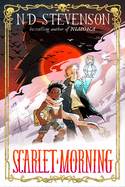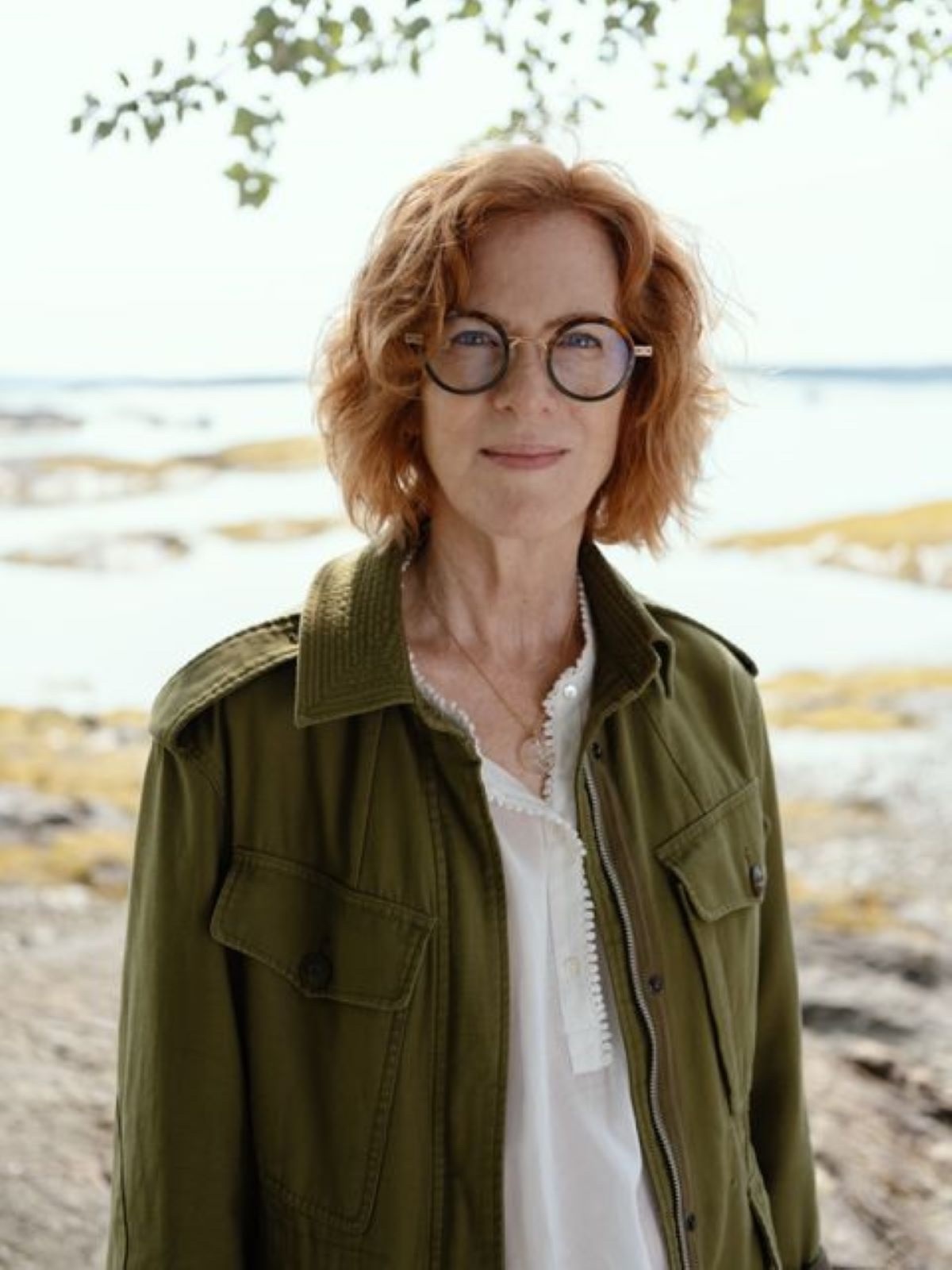 |
| photo: Gunther Campine |
Libby Buck earned her BA in English from the University of Virginia, her MA in art history from Columbia University, and Ph.D. in art history from the University of North Carolina at Chapel Hill. While her general area of expertise is 19th-century France, her dissertation focused upon the Gustave Moreau museum and its challenge to traditional museology. She taught as a visiting lecturer for more than a decade at various institutions, including Duke University and the University of North Carolina at Chapel Hill. Port Anna (Simon & Schuster, July 1, 2025) is her debut novel, about second chances and blossoming romance in a charming port town in Maine.
Handsell readers your book in 25 words or less:
Adrift and out of options, Gwen finds refuge in a haunted cottage on the coast of Maine.
On your nightstand now:
Mind of the Raven by Bernd Heinrich is a meticulously researched study, beautifully written. I had never paid much attention to birds or their habits before the protagonist of my most recent work in progress appeared on the page, but now I am hooked. These magnificent creatures form complex social groups and demonstrate great intelligence. I am hanging onto every word.
Orbital by Samantha Harvey. I am in love with this book. I have zero interest in going to space--although my husband would, if only he had a spare million or two lying around--but this book renders the experience tangible. Her descriptions of weightlessness (as well as its attendant challenges) and the never-ending cycles of sunrise and nightfall brushing the Earth's surface are utterly riveting.
Mind Your Body by Nicole J. Sachs. My daughter recommended this one to me. It's an interesting reconfiguration of the mind-body relationship and its connection to pain. This book is helping me rethink how I manage both physical discomfort and the emotions that cause it to flare.
Favorite book when you were a child:
The Lion, the Witch and the Wardrobe by C.S. Lewis. The idea of portals that can transport us from the most mundane of places into a magical world peopled with elves and witches captured my imagination. Later, I understood the book as a metaphor for art-making, a meditation on our unique ability to construct and reorganize the world into something both more beautiful and purposeful.
Your top five authors:
Ian McEwan. His novels examine the devastation wrought by one irrevocable, heartbreaking choice. Although I am generally drawn to rosier endings, I love every one of his books. Although Atonement is often the book cited alongside his name, I couldn't put On Chesil Beach down. It tells the story of a honeymooning couple whose lack of experience with intimacy destroys their marriage in a single night--all within a short 203 pages.
Henry James. I read every one of his books in college, and The Golden Bowl remains an all-time favorite. His use of language is far more baroque than McEwan's, but it's incredibly effective. The long descriptions invite the reader to step inside both the spaces and the minds of his characters, all of whom struggle with the suffocating demands of 19th-century social conventions.
Donna Tartt weaves complex narratives better than anyone. From scholars of Greek mythology to snake-handling evangelicals, her characters all speak with a rare authenticity. I only wish she would publish more often than every 10 years.
Barbara Kingsolver. I laughed and cried through The Bean Trees and its sequels. The Poisonwood Bible shattered me, and I think that Demon Copperhead is a work of genius.
Rebecca Solnit. Her essays cannot be read quickly. They command attention, a slow savoring of every phrase. The images she conjures of life in a vast desert are so vivid and so lovingly attended to that I wish I could live in that harsh climate too.
Book you've faked reading:
Gravity's Rainbow by Thomas Pynchon. Even though I tried for months, I couldn't get through more than 25 pages of this hefty tome. (I had the same problem with David Foster Wallace's The Pale King, although, being older, I cried "uncle" far more quickly.)
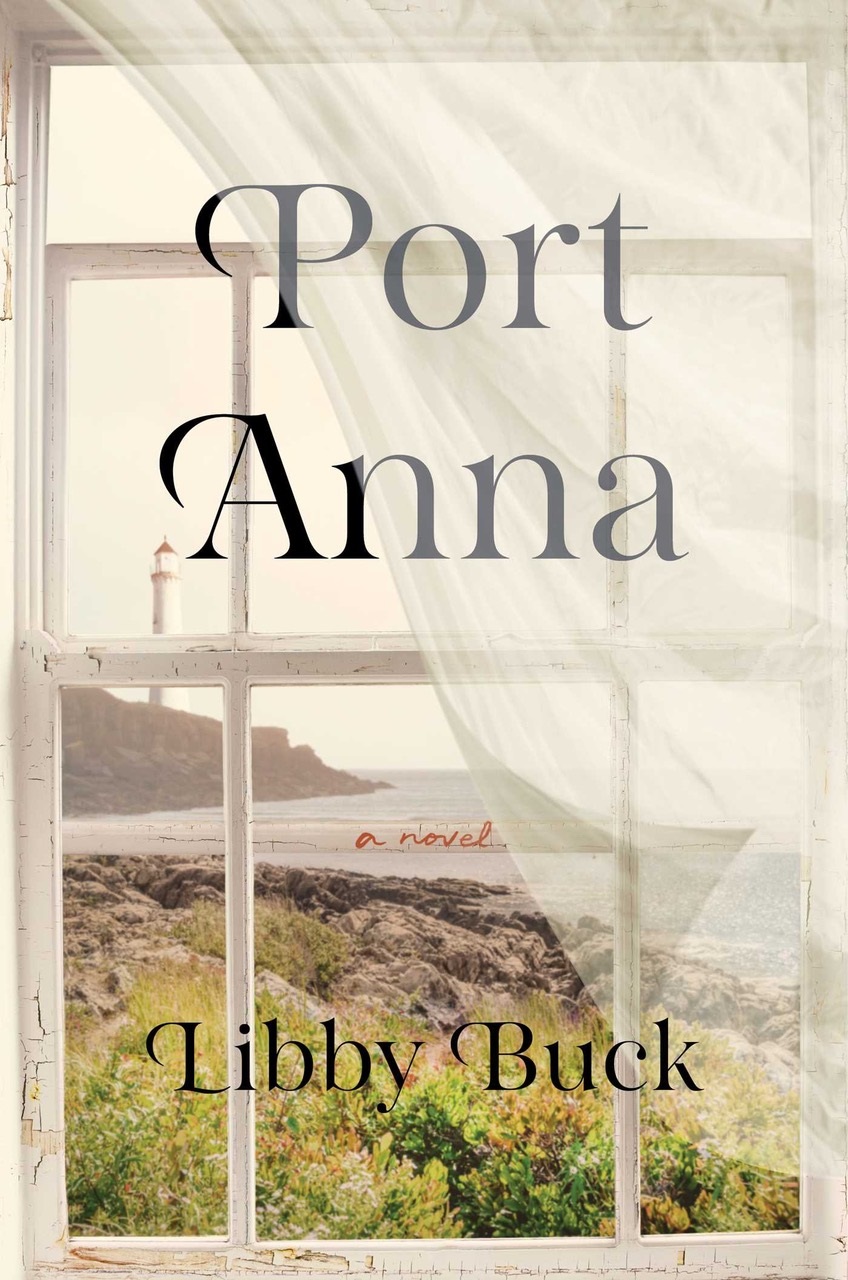 Book you're an evangelist for:
Book you're an evangelist for:
Edmund de Waal's The Hare with Amber Eyes poignantly reminds us of the painful realities of war and displacement. Art, in the form of a small netsuke, a small rabbit sculpture, functions as the thread that links the author to a past and a family scattered to the wind. The reader follows the author across the European continent to Great Britain and, eventually, to Japan, where he finds the collection of ivories, a wedding gift to his ancestor, in his uncle's apartment.
Book you've bought for the cover:
Jacques Derrida's Memoirs of the Blind. Although Derrida's philosophy was required reading in graduate school, I bought this purely for the charcoal self-portrait of Henri Fantin-Latour. The image of a young man staring at the viewer, which is to say, at himself, is arresting. I left it on my desk long after I left academic work behind.
Book you hid from your parents:
Erica Jong, Fear of Flying. Yes, for the sex. It seems somewhat antiquated now, given the openness with which we discuss it these days, but in the '70s... wow. I also kept Mario Puzo's The Godfather, snatched from my father's bedside, in my closet. I find the scene of the bleeding horse's head stuffed between the sheets far more horrifying on the page than it was in the film.
Book that changed your life:
Robertson Davies's The Rebel Angels. The female protagonist, a young Romany woman, is a medievalist. My infatuation with this mysterious and highly intelligent character, in large measure, convinced me to study medieval art history in graduate school.
Favorite line from a book:
Rebecca Solnit writes about the color blue: "The color of that distance is the color of an emotion, the color of solitude and of desire, the color of there seen from here, the color of where you are not."
Book you most want to read again for the first time:
The Vaster Wilds by Lauren Groff. I loved Lamentation's trek across the great, unknown forests of Virginia in the early colonial period. Her bravery amid terrible sickness and grief makes for compelling reading.
Best ghost story you've read:
Without a doubt, Henry James's The Turn of the Screw is the classic--a psychological thriller that never answers the question: Are ghosts real? But, if you want to read a great story about real ghosts, Daria Lavelle's new release, Aftertaste, is a lovely meditation on the power of food to conjure the dead and heal the living.
 Emily Baker originally moved to Bluffton, S.C., for a job at Book Warehouse in the Tanger Outlets, while Rachel Baker was drawn to the Lowcountry to become a local in the "place we would have retired anyway."
Emily Baker originally moved to Bluffton, S.C., for a job at Book Warehouse in the Tanger Outlets, while Rachel Baker was drawn to the Lowcountry to become a local in the "place we would have retired anyway." 






SHELFAWARENESS.1222.T1.BESTADSWEBINAR.gif)
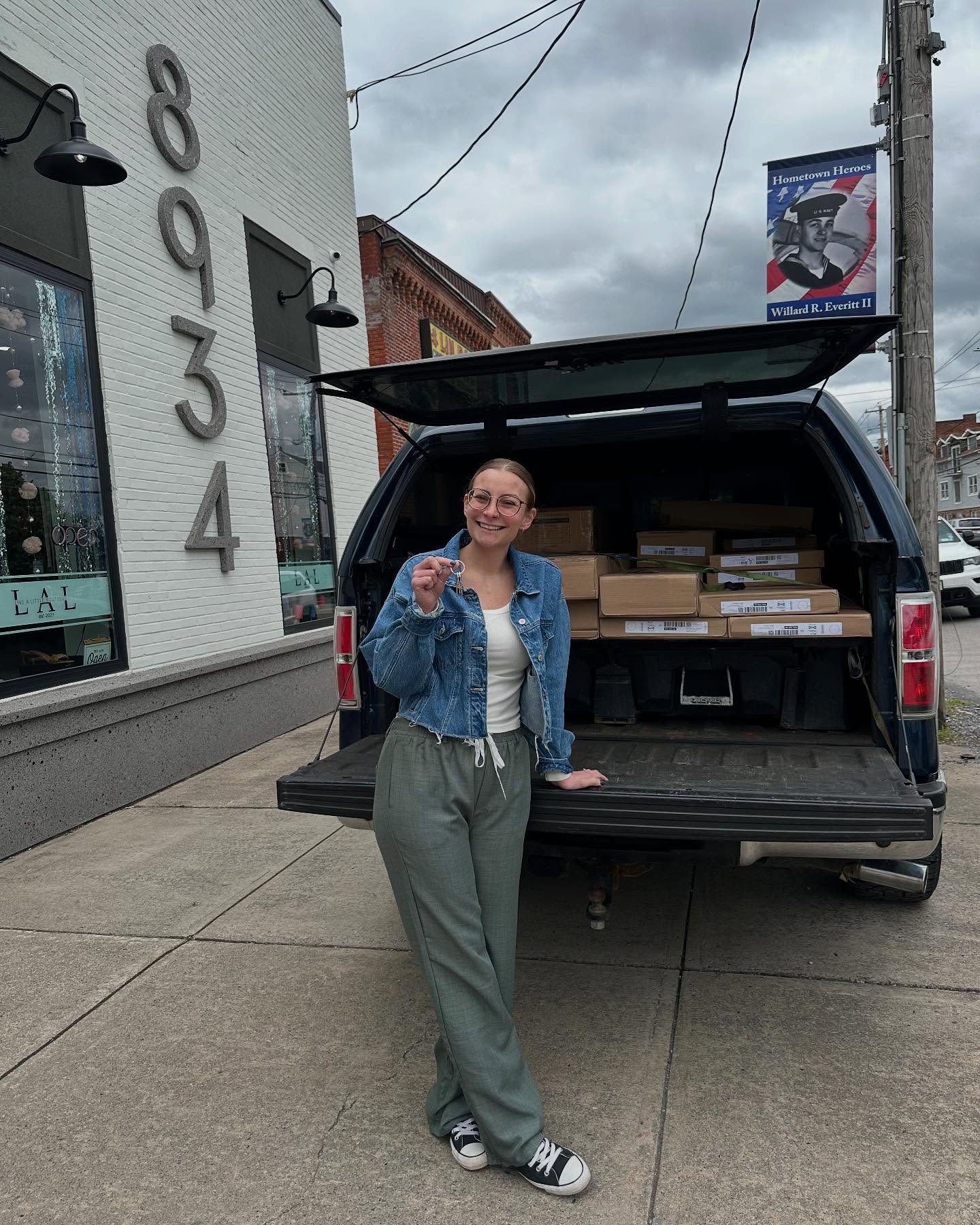
 WH Smith will be opening eight new stores at John F. Kennedy International Airport in New York City, where it currently operates two stores in Terminal 5. The new stores will "include the first WH Smith branded store in the world-class airport along with a number of bespoke store concepts, extending its leading travel essentials offer" to more passengers traveling through JFK, the company said.
WH Smith will be opening eight new stores at John F. Kennedy International Airport in New York City, where it currently operates two stores in Terminal 5. The new stores will "include the first WH Smith branded store in the world-class airport along with a number of bespoke store concepts, extending its leading travel essentials offer" to more passengers traveling through JFK, the company said.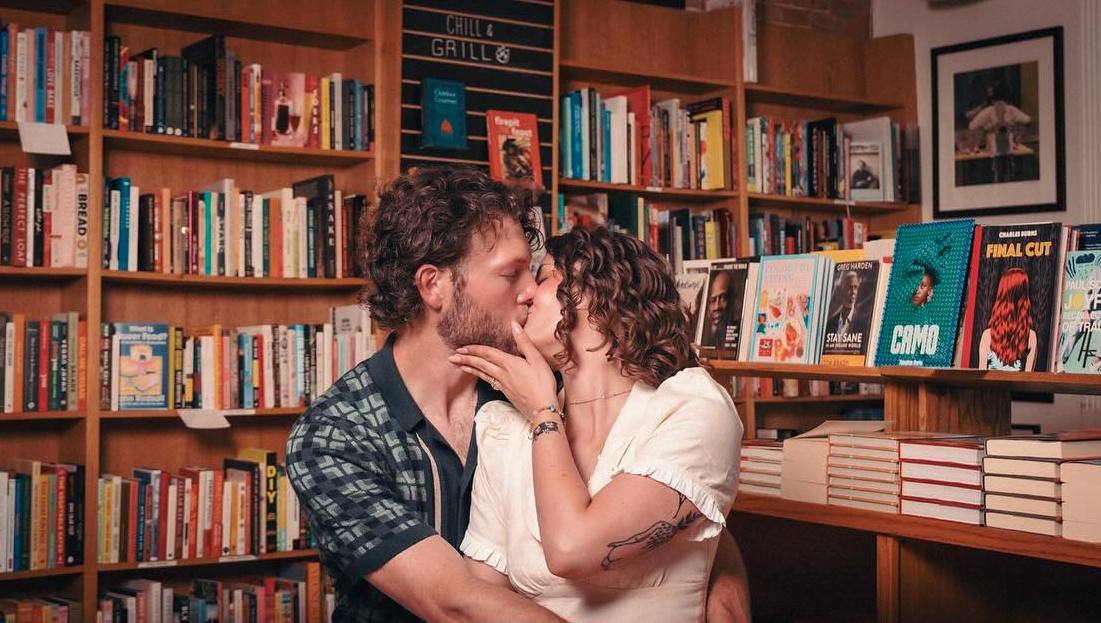 Posted on Facebook by
Posted on Facebook by 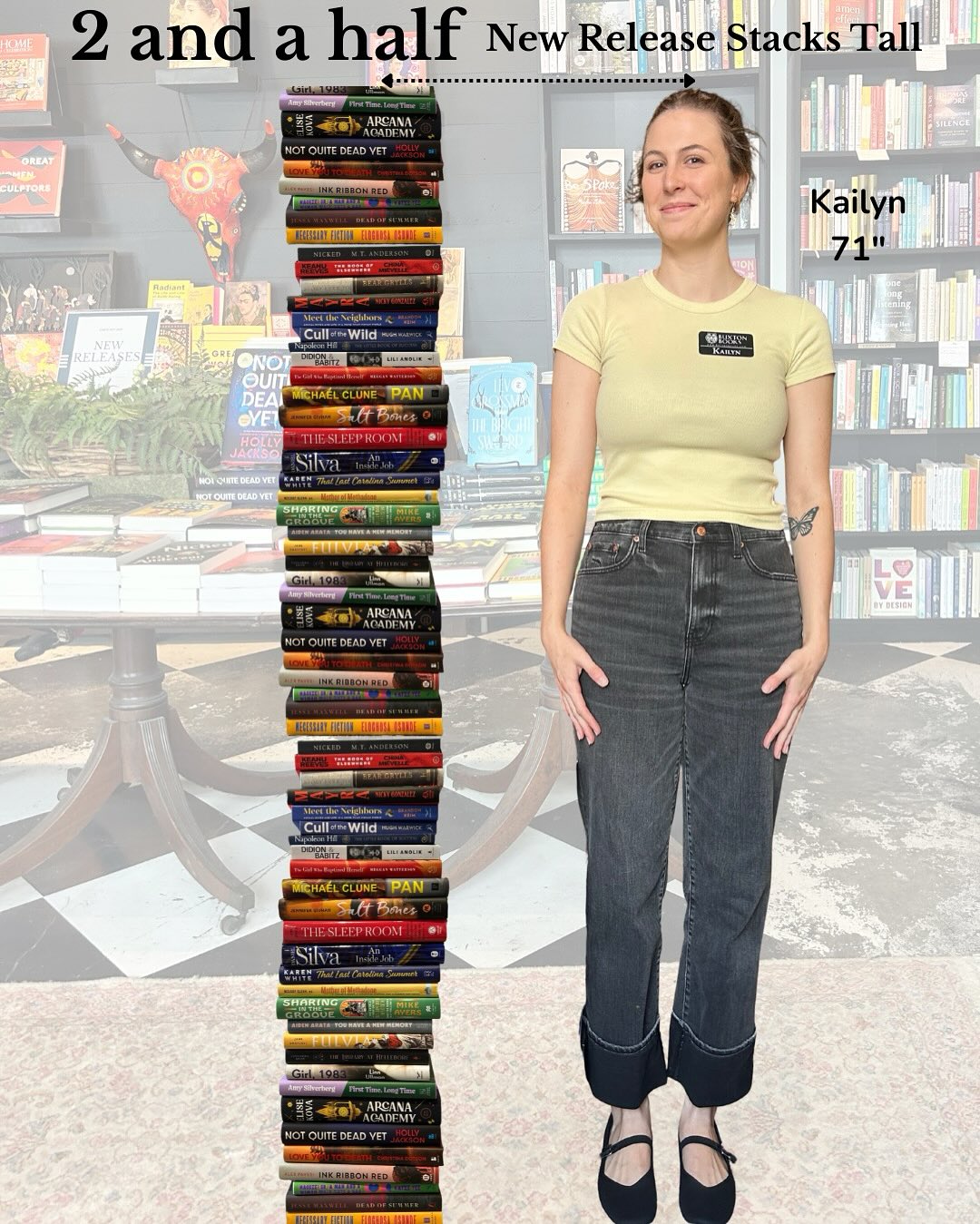 "
"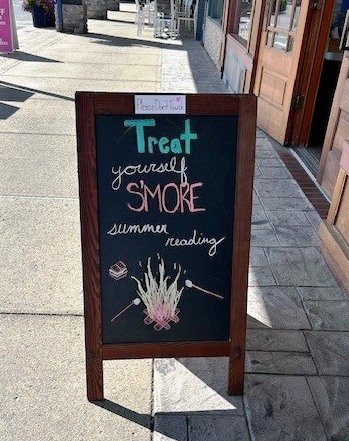

 Book you're an evangelist for:
Book you're an evangelist for: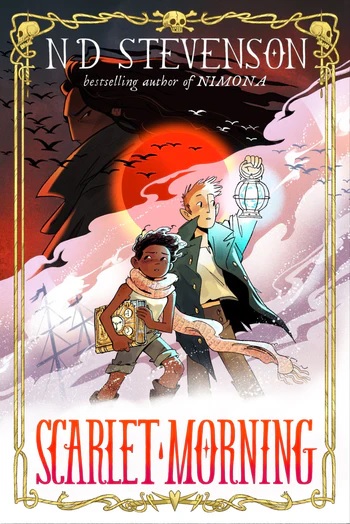 Bestselling author/illustrator ND Stevenson (Nimona) gifts audiences his first middle-grade fantasy with Scarlet Morning, a suspenseful and exceptional magical illustrated novel that follows two orphans determined to change--and save--a world destroyed by adults.
Bestselling author/illustrator ND Stevenson (Nimona) gifts audiences his first middle-grade fantasy with Scarlet Morning, a suspenseful and exceptional magical illustrated novel that follows two orphans determined to change--and save--a world destroyed by adults.